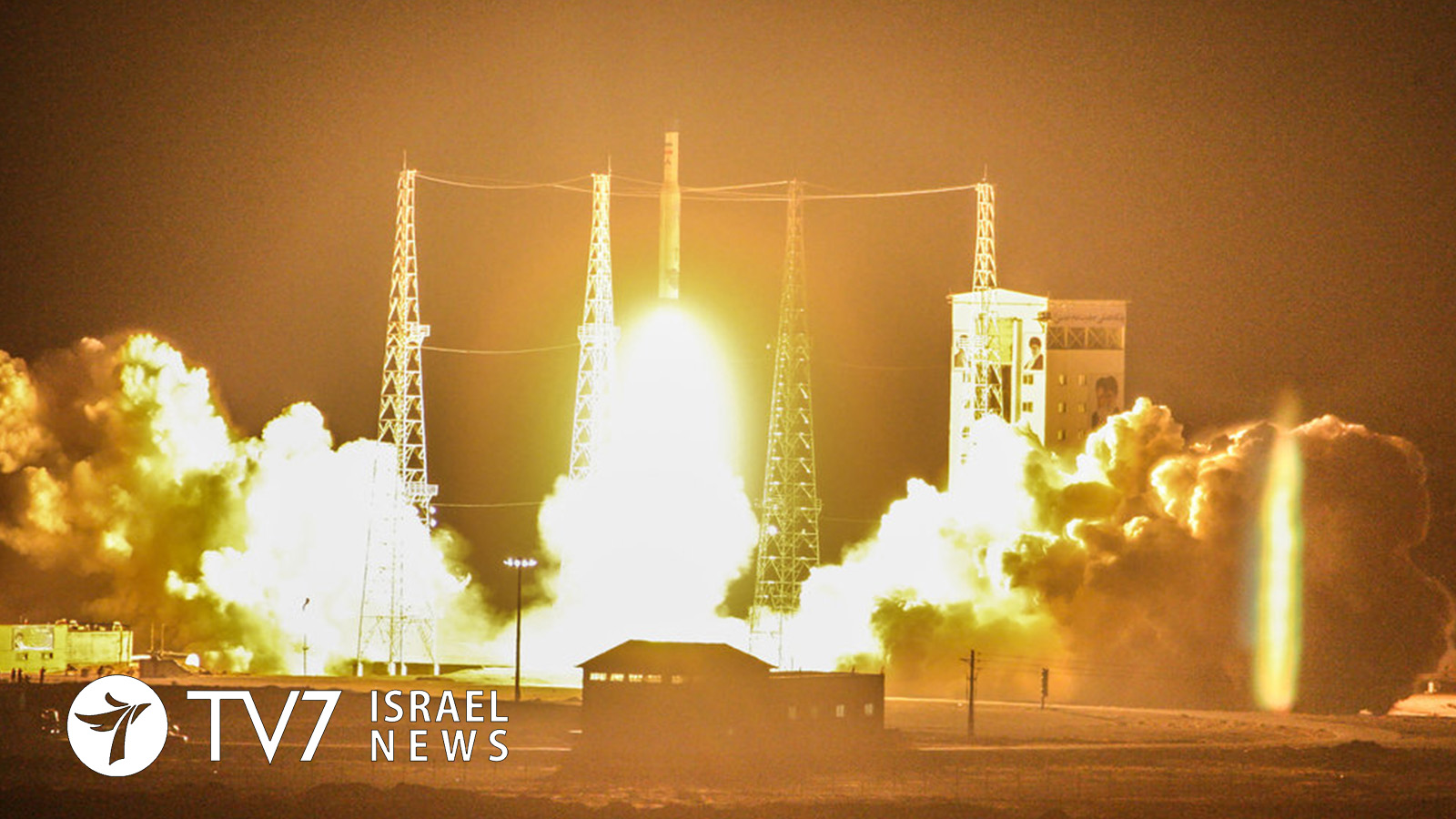The Islamic Republic of Iran attempted to launch a satellite into orbit last night, yet failed to do so, after the domestic-made space vehicle, named Payam, encountered “technical problems” before leaving earth’s atmosphere. Iran’s Telecoms Minister, Mohammad Javad Azari-Jahromi claimed in a statement that the Iranian-made satellite failed in the third stage of the launch because it “did not reach adequate speed” that is necessary to enter the orbit. It is important to note that the failed Iranian attempt came after it ignored Western warnings against undertaking three planned rocket launches, that are viewed by the Western-bloc of the international community as a blatant violation of U.N. Security Council resolution 2231, which calls upon Iran “not to undertake any activity related to ballistic missiles, designed to be capable of delivering nuclear weapons, including launches using such ballistic missile technology.” In a threatening statement released ahead of the attempted Iranian launch, the United States pointed to the fact that the long-range ballistic technology used to put satellites into orbit can also be used to launch ballistic warheads. That said, Iran, which considers its space program “a matter of national pride,” continues to underscore that its satellite launches, and ballistic missile tests are not violations of U.N. Resolutions and vows to continue with its efforts to attain such capabilities.
U.S. Secretary of State Mike Pompeo issued a statement last night in which he condemned the Iranian-launch. That said, Pompeo did not say whether Washington plans to levy new sanctions against the Islamic Republic in response. The statement read: “We have been clear that we will not stand for Iran’s flagrant disregard for international norms. The United States is working with our allies and partners to counter the entire range of the Islamic Republic’s threats, including its missile program, which threatens Europe and the Middle East.”
